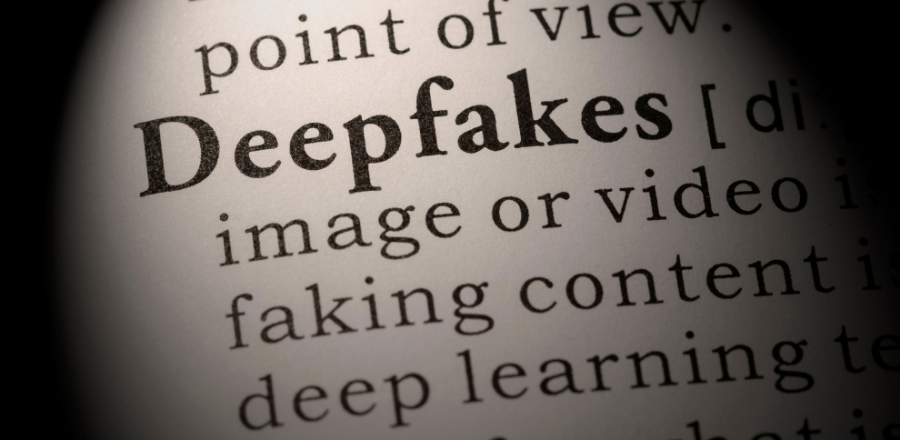These days, TikTok is overflowing with “wellness influencers” promising everything from miracle oils to secret hormone hacks. But here’s the twist: some of these smiling faces aren’t even real. They are computer-generated deepfakes, crafted to look like your new bestie or a trusted health coach, and they are being used to hustle products that can put your health at risk. Media watchdogs recently uncovered entire networks of AI-created influencers on TikTok, designed to look like everyday women sharing personal journeys. They show up in your feed telling heartfelt stories like “I cured my PCOS with this one oil” but if you look closely, the faces, outfits, and voices are copy-paste jobs. These accounts aren’t just misleading. They are engineered to exploit trust, particularly among communities like ours that are already navigating health inequities. The wellness world has always targeted Black women with quick fixes and too-good-to-be-true cures. Deepfakes take that exploitation to another level, dressing up false promises in a package that feels authentic and relatable. The danger is real: wasted money, delayed treatment, and even physical harm if people follow unverified health advice. And let’s be honest, when trust is broken online, it makes it harder for real voices and credible information to break through. At BWHI, we know wellness is more than a trend. It is our birthright. Do not let an algorithm or an AI-generated influencer tell you otherwise. The best defense against misinformation is community, truth, and trusted care.
When Wellness Influencers Are Really Deepfakes

The Rise of Fake Wellness Experts
Why This Matters for Us
What We Can Do About It

